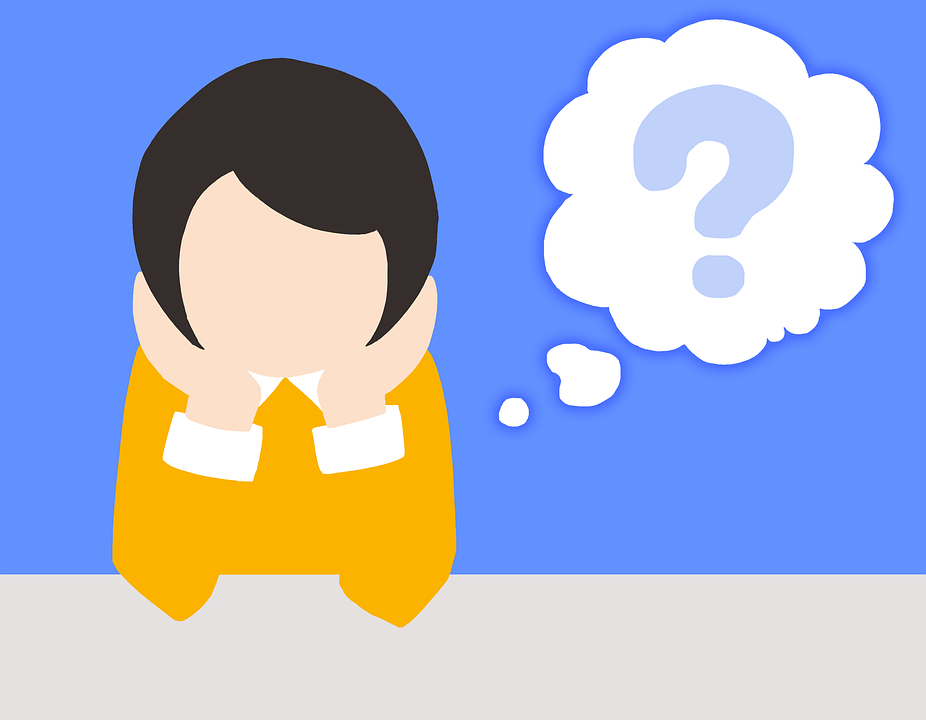Anxiety vs. Anxiety Disorder
By Dithar Bubteina – Fifth Year Dentistry Student at LIMU
Overview
Several reasons make it important to distinguish between normal, adaptive anxiety, versus anxiety as a disorder. First, it would be incorrect to conclude someone is suffering from an anxiety disorder simply because they are experiencing some degree of anxiety.
An important thing for each of us to recognize is that our own normal experiences of ordinary anxiety are qualitatively different from a person experiencing an anxiety disorder. Often, well intentioned family and friends will offer advice to people attempting to recover from anxiety
disorders. Unfortunately, these well-meaning friends and family lack the understanding on why the person-in-recovery reacts so negatively to their genuine efforts to help them “get over it.” These sorts of techniques may be useful for coping with ordinary anxiety, but are not effective once anxiety has reached a pathological level.
However, anxiety becomes a problem when it overstays its welcome (duration), and/or is of an intensity or frequency which begins to interfere with a persons functioning and overall wellbeing.
These three factors- duration, intensity, and frequency- distinguish normal, adaptive anxiety from abnormal, pathological anxiety.
When the intensity, duration, and/or frequency of anxiety become distressful and chronic, such that it interferes with a persons functioning, it is often referred to as pathological anxiety.
What is the difference between anxiety and an anxiety disorder?
-
Anxiety
Is a feeling of fear you have when you must do something stressful. It’s normal to feel anxious about moving to a new place, starting a new job, or taking a test. Normal anxiety is unpleasant, but it may motivate you to work harder and to do a better job. Normal anxiety is a feeling that comes and goes, but does not interfere with your everyday life.
You feel restless and you may have physical reactions such as a headache, sweating, palpitations, chest tightness, and upset stomach.
Virtually every human can relate to these symptoms because everyone has experienced anxiety at one time or another. Anxiety is a normal human experience. In fact, it is considered a beneficial response in certain dangerous situations that trigger the anxiety-laden fight-or-flight stress response and the physical symptoms are coming from your autonomic nervous system response.
-
Generalized anxiety disorder
GAD is a long-term condition that causes you to feel anxious about a wide range of situations and issues, rather than one specific event
Generalized anxiety disorder (GAD) is much more than the normal anxiety people experience day to day. It is chronic and sufferers experience severe worry and tension, often without provocation. This disorder involves anticipating disasters.
· According to the National Institute of Mental Health (NIMH, 2008), approximately 40 million American adults (i.e., 18.1 %) have an anxiety disorder in a given year, with their first episode occurring before the age of 21.5.
· Similar prevalence rates are reported for the global population. Moreover, evidence suggests that women tend to experience anxiety disorders more frequently than men do; approximately a 2:1 ratio (APA, 2013
- The APA (American Psychological Association) describes a person with anxiety disorder as “having recurring intrusive thoughts or concerns.”
-
What Are the Symptoms of GAD?
GAD affects the way a person thinks, but the anxiety can lead to physical symptoms, as well. Symptoms of GAD can include:
- Excessive, ongoing worry and tension
- Headaches, backache or other aches and pains
- Faster breathing
- A fast or irregular heartbeat
- An unrealistic view of problems
- Restlessness or a feeling of being “edgy”
- Irritability
- Muscle tension
- Headaches
- Sweating
- Difficulty concentrating
- Nausea
- The need to go to the bathroom frequently
- Tiredness
- Trouble falling or staying asleep
- Trembling
- Being easily startled
- Grinding your teeth, especially at night
- Having panic attacks.
-
Causes
As with many mental health conditions, the cause of generalized anxiety disorder likely arises from a complex interaction of biological and environmental factors, which may include:
- Differences in brain chemistry and function
- Genetics (a family history of anxiety)
- Development and personality
- Recent or prolonged exposure to stressful situations, including personal or family illnesses
- Excessive use of caffeine or tobacco, which can make existing anxiety worse
- Childhood abuse
-
What are the types of Anxiety Disorders?
There are many different disorders in which anxiety is a key feature, including:
- Panic disorder: characterized by bouts of intense fear or terror that develop quickly and unexpectedly
- Phobia: excessive fear of a specific object, situation, or activity
- Social anxiety disorder: extreme fear of being judged by others in social situations
- Obsessive-compulsive disorder: recurring irrational thoughts that lead you to perform specific, repeated behaviors
- Separation anxiety disorder: fear of being away from home or loved ones
- Hypochondriasis: anxiety about your health
- Post-traumatic stress disorder: anxiety following a traumatic event
-
Treatment
Medication options
The medications most often used to treat generalized anxiety disorder are antidepressants such as selective serotonin reuptake inhibitors (SSRIs) or dual serotonin and norepinephrine reuptake inhibitors (SNRIs). These drugs take longer to work than the traditional anti-anxiety drugs, benzodiazepines, but also may provide greater symptom relief over time.
Psychotherapy
People with generalized anxiety disorder can also benefit from psychotherapy. Cognitive behavioral therapy (CBT) is probably the most studied approach, but other options show promise as well.
CBT. This therapy helps people with generalized anxiety disorder to recognize and correct misperceptions that contribute to anxiety. A cognitive behavioral therapist helps people with generalized anxiety disorder to recognize when they are misinterpreting events, magnifying difficulties, and making pessimistic assumptions on little evidence.

